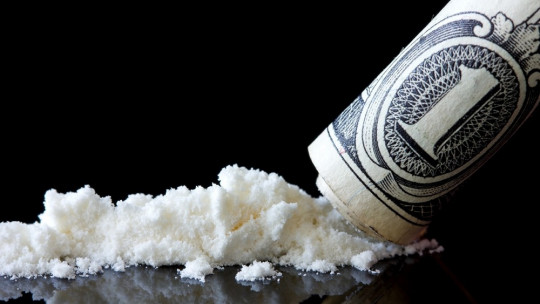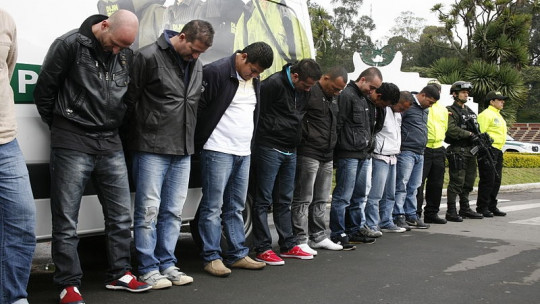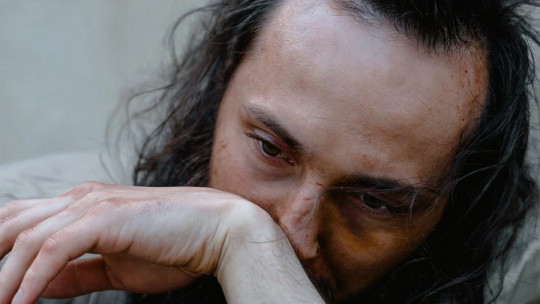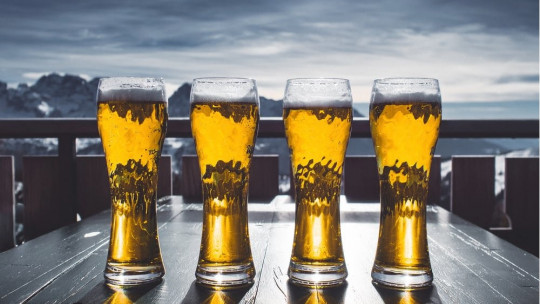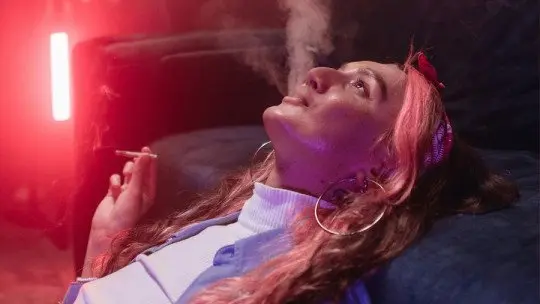Consume, commit a crime, consume again Problematic consumption and the compulsive act of committing crimes can be thought of within the framework of a process of construction of subjectivity. This is a different reading from the simple idea that those who take drugs and steal are people who choose the “easy life” or the bad life.
Problematic substance use involves a relationship between a person and a drug , with a unique meaning and functions. In turn, for those who also commit crimes, this way of behaving has an implied function.
We observe identities constituted based on having, with repeated stories that allude to the fact that “I am” (I am someone, I am important), “because I have” (weapons or substance, ingested or in my pocket and to share). Phrases like “When I used / when I went out to steal, it was different, I felt better, more important.” More “complete”, we could add, understanding abstinence from both compulsive acts as equivalent to a disturbing emptiness a crisis in identity and a loss of the sense of belonging built in peer groups, on the corner, in the street.
An identity built by drug consumption
Stopping meeting with fellow consumers represents a grieving process , an act of disaffiliation, disengagement with the ties that have been able to build and sustain in that context. They are ties united by the shared enjoyment that comes with consuming and committing crimes with others, which acts as a generator of identification that makes one belong.
If a person has felt excluded by their family, school or broader social context, they can, through consumption or crime, feeling that they are part of society , for example under the label of being part of the “dangerous kids in the neighborhood.” In this way he is seen by society, poorly seen but seen nonetheless.
Something emerges in street culture
On the corner, in the street, socialization processes occur that have not been generated in other areas such as the family or the school, due to the crises that these institutions suffer, since they should integrate, contain, form and end up excluding.
In the absence of other significant people, new references are idealized, such as the band leader, fellow consumers or the kids on the corner. Belonging is created, which begins by consolidating some of the subjectivity.
Something also arises in prison
When conceptualizing the act of committing a crime as a way of (and to) be someone, we can think that the fact of serving a sentence and, as many say, “not owing anything to justice” does not represent an act of liberation in all situations. and freedom. In many cases, they feel that “it was better in prison.” It is easier to break the law than to respect it giving rise to the compulsive act of committing a crime that generates new ways of relating to the law and others.
As long as social rules and norms are not internalized, conflict resolution is not thought of through words, and compulsive consumption is not seen as a health problem, Being free in society does not necessarily equate to feeling free On the contrary, he is imprisoned by himself, by his lack of control and his difficulty in setting limits, imprisoned in freedom by his impossible-to-control repetition, so he pulses and drives without elaboration. Without incorporation of the law, one seeks to transgress it, in an uncontrollable way.
Addicts feel like prisoners of freedom, conditioned to abide by a law that they are not willing or prepared to respect, prisoners of their own freedom, with the magnitude of possibilities and responsibilities that freedom means.
Although it seems paradoxical, transgression of the law is present within the prison system enabling compulsive acts, violence, addictions, among other risk situations not interpreted as such by those who carry them out. Therefore, they can make them feel free in prison.
The meaning of life through consumption and violence
Consumption and violence are beginning to be seen as necessary and even more valued than one’s own health and freedom. The patterns of behavior and thoughts constructed in the prison context They are internalized in such a way that the fact of producing changes by recovering freedom constitutes a real challenge.
Consumption and crime end up giving meaning to life and for this to stop having that function, new meanings must be built. A comprehensive approach will be necessary, with implications at a personal, family, social, cultural, political, etc. level.
Health promotion, reduction of risk factors and strengthening of protective factors: teaching and promoting healthy lifestyle habits, new ways of resolving daily conflicts, modification of ways of relating to others, self-observation, impulse control and emotions, using words instead of compulsive acts. In short, without compulsive consumption or crimes, seek and assume new ways of being and living.

